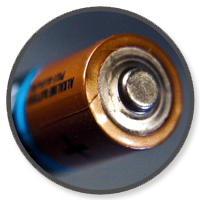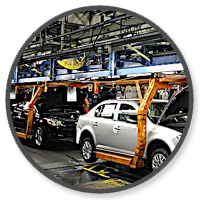Applications
Widespread applications
Our new concept of swappable Li-ion battery packs can be used in a wide variety of settings, replacing current lead acid battery technologies in areas such as
- Electric vehicles
- Forklifts
- Yachts/ small boats
- Submarines
- Bulk energy storage systems (eg. uninterrupted power supply – UPS)
Also, this novel technology can be applied to the heat exchange industry, especially for viscous fluid heat exchange.
Standardization and Centralization of Electric Vehicle battery packs
What we would like to see is electric vehicles being used as a primary means of transportation all over the world.
We envision standardized battery packs to be produced, charged and maintained at a central facility. Battery packs can be charged at off-peak hours, and delivered to petrol kiosks before daybreak. Different car manufacturers will all adopt the same battery design, allowing for plug-and-play capabilities.
Someone running low on charge would just pop by such petrol kiosks, have their battery replaced with a fresh one, allowing their flat batteries to be sent to the central facility for re-charging and maintenance.
The advantages of this has an impact on everyone, from end-users to the government.

End users
Alleviates the issue of range anxiety.
Solves the problem of not being able to charge/ discharge in temperature extremes (<0°C and >60°C)

Battery manufacturers
Savings from economies of scale.
Easier quality control.
Easier market expansion.

Vehicle manufacturers
Standardized battery pack design reduces redundant R&D.
Savings in developmental cost and time.

Power grid company
Energy produced at off-peak hours can be used for charging the battery packs.
Usage load can be balanced and energy will be efficiently utilized.
Taking away the process of charging at home eliminates the need to install charging apparatuses at every home and the risk of overloaded energy usage during peak hours.

Wind and solar power generators
Flexible usage of electricity produced: electricity produced can be stored in battery packs at any time instead of having to sell it to power grid companies during peak periods when demand for electricity is high.

The Government
Significant savings in labour, cost and time for the construction of a few centralized facilities (as opposed to creating charging station infrastructure)
Initial subsidies or benefits for battery manufacturers can lead to better adoption of electric vehicles
